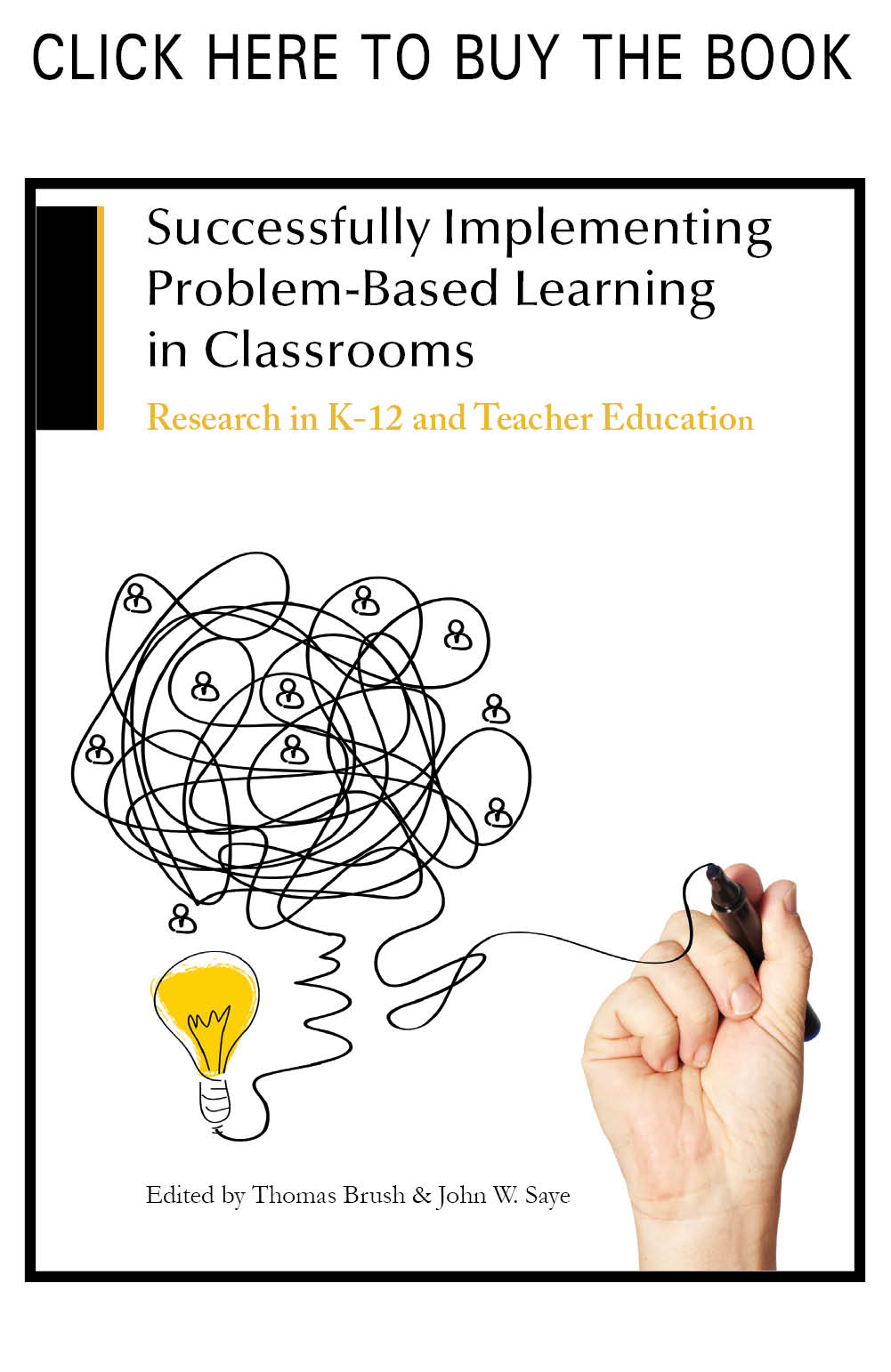Abstract
Interdisciplinary problem-based learning (PBL) aims to provide students with opportunities to develop the necessary skills to work with different health professionals in a collaborative manner. This discourse study examined the processes of collective knowledge construction in Japanese students in the tutorials. Analyses of video-recorded data elicited from three multidisciplinary cohorts and their learning portfolios provided insights into their participation and introspection during the discussions. The results indicate there were two patterns of knowledge construction: (a) co-constructions between students from different disciplines and (b) elaborations between students from the same discipline. Their learning processes were mediated by their cultural assumptions, professional identities, understanding of other professionals, and perceptions of collaborative learning. The finding suggests that interdisciplinary PBL has the potential to enhance students’ collaborative learning skills, and students’ participation is situated within a cultural context.
Recommended Citation
Imafuku, R.
,
Kataoka, R.
,
Mayahara, M.
,
Suzuki, H.
,
&
Saiki, T.
(2014). Students’ Experiences in Interdisciplinary Problem-based Learning: A Discourse Analysis of Group Interaction. Interdisciplinary Journal of Problem-Based Learning, 8(2).
Available at: https://doi.org/10.7771/1541-5015.1388




